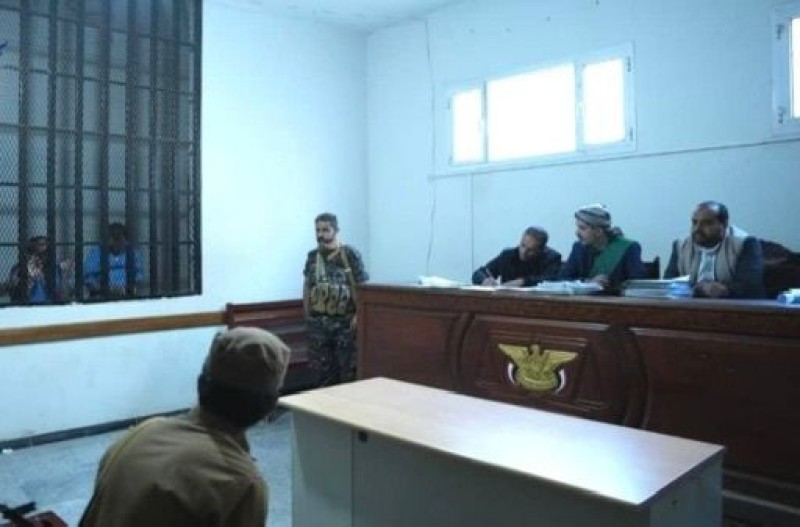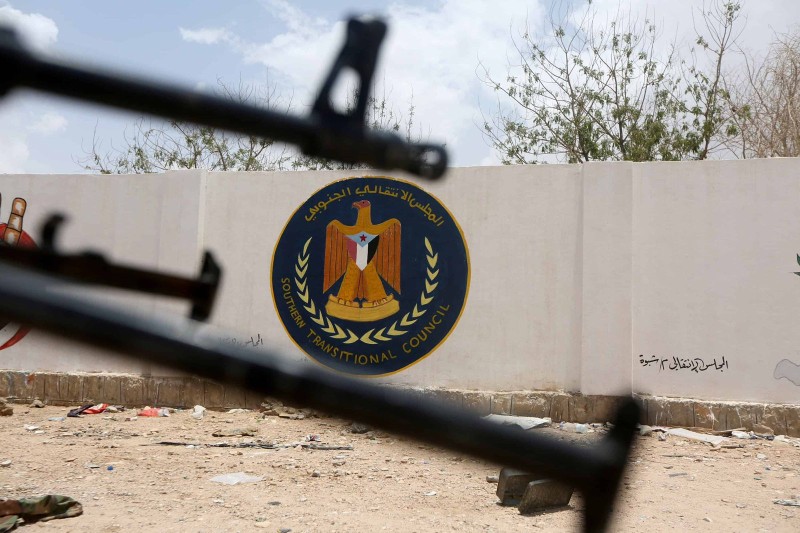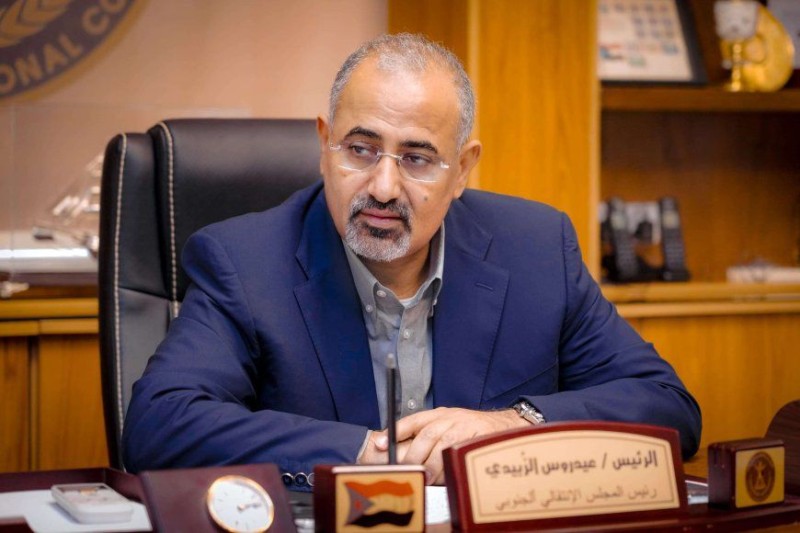Fighting escalates in Yemen despite coronavirus 'ceasefire'


Fighting in Yemen between the Houthi rebels and forces loyal to the exiled government has escalated, despite a ceasefire designed to help the war-torn country focus on containing the coronavirus pandemic.
The Saudi and Emirati-led coalition fighting to restore Yemen’s internationally recognised government accused the Houthis of breaching the truce 241 times in 48 hours, including the use of heavy weaponry and ballistic missile attacks in the central governorates of Marib, al-Jawf and Nihm. The area has been subject to fierce battles since the beginning of this year, which have displaced almost 40,000 people.
A unilateral two-week ceasefire announced by Riyadh came into effect last Thursday, but was greeted with scepticism by Houthi officials, who called it a “political and media manoeuvre”. A highly conditional Houthi counter-offer, relayed via the UN, appeared only to apply to hostilities directly between the rebels and Saudi Arabia, rather than groups loyal to the Yemeni president, Abd-Rabbu Mansour Hadi.
“Last night we were woken up at 2.30am by the horrible sound of missiles hitting the city,” said Hamas al-Muslimi, a 20-year-old student in Marib, originally from the Houthi-controlled province of Haraz.
“The Houthi attacks have not stopped at all. They are very close to Marib city, so the coalition has to respond or they will take over.”
In the five years since the coalition of Arab nations intervened in Yemen’s civil war to drive the Iran-backed Houthis from the capital, Sana’a, the conflict has developed into the world’s worst humanitarian crisis. More than half of Yemen’s hospitals and clinics have been destroyed or closed, the majority hit by airstrikes carried out by the UK and US-supported coalition.
Health workers have been dreading an outbreak of Covid-19, which the UN says could infect up to 93% of the population. Only one case has been confirmed in Yemen, but testing facilities are almost non-existent.
While the coalition said the two-week ceasefire could be extended if conditions were met, few civilians affected by the fighting have any hope that this truce will be any different to other failed attempts.
In Hodeidah, another volatile frontline, Houthi forces have also intermittently shelled residential areas. “Nothing has changed because of the ceasefire. And now we have the extra worry with coronavirus,” one resident, Qassim Almahdi, 31, said.
All Yemen’s warring parties are seeking to exploit the pandemic for military and political gain, said Farea al-Muslimi, an associate fellow at London’s Chatham House thinktank.
“Covid-19 is an opportunity the Saudis have been looking for for a long time to extract themselves from Yemen. Riyadh is offering the Houthis everything they can right now, both in public and in backroom talks.
“For the Houthis, this is also a familiar strategy they have used before. They’ll tell the Saudis they’ll stop attacks in border areas and leave Saudi troops alone, but continue their push on the internal frontlines so they have a better hand overall, not just over the Saudis but also over their Yemeni enemies.”
Yemen’s coronavirus response is also facing difficulties because of aid cuts: half of the UN’s humanitarian programmes in the country will be forced to reduce or close by the end of April unless a funding crisis is fixed.
Some donors, including the US, cut funds to UN programmes in Yemen earlier this year because of fears the Houthis are consolidating control over the management and distribution of aid.
The UN feeds more than 12 million Yemenis a month, of whom 80% live in Houthi territory.

Sana’a – The Houthi-run Special Criminal Court in Sana’a has continued the trial of several former employees of the U.S. Embassy,…

Aden – Southern Transitional Council (STC)-affiliated forces on Saturday rejected accusations issued by Yemen’s General Staff, which cl…

Aden – Aidarus Qassem Al-Zubaidi, President of the Southern Transitional Council (STC) and Vice Chairman of Yemen’s Presidential Leader…